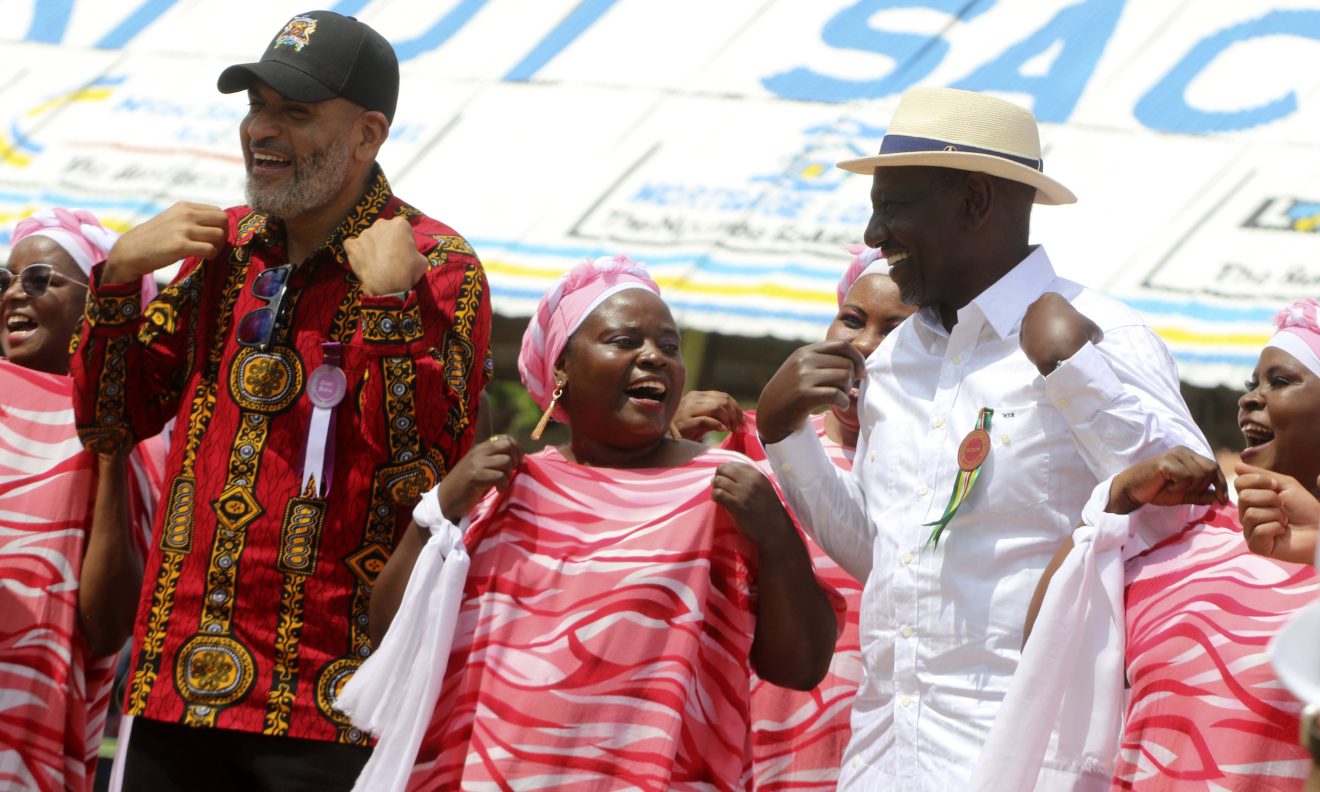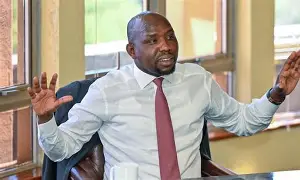President Ruto compensation panel faces blow as it is banned by high court
A PANEL appointed by President William Ruto to investigate and recommend compensation for victims injured during the protests and police brutality has suffered a major setback after the High Court suspended its proceedings.
High Court Suspends Ruto’s Compensation Panel Over Legality RowPosted by K24 TV on Monday, September 8, 2025
A PANEL appointed by President William Ruto to investigate and recommend compensation for victims injured during the protests and police brutality has suffered a major setback after the High Court suspended its proceedings.
Justice Dennis Kizito Ngwono Mongare suspended the panel headed by legal expert Professor Makau Mutua until the case filed by lawyer Levi Munyeri is heard and determined. Justice Mongare suspended the work of the panel appointed last week until October 10, 2025 when the case will be heard.
The judge scheduled as urgent the case filed by Mr Munyeri who claims President Ruto violated the law by appointing the panel before the victims were identified and their injuries assessed by medical professionals. On August 25, 2025, President Ruto appointed a 14-member panel including the President of the Law Society of Kenya (LSK) Faith Odhiambo to investigate and determine the number of people shot and injured by the police. This happened during the protests against the 2024/2025 Finance Bill and during the June 18/20.2024 Police Victims’ Remembrance Day.
In addition to the recent victims, the panel was also tasked with identifying victims of previous protests with a view to paying them compensation. RaiS asked the panel, in collaboration with other legal bodies, to make recommendations on the amount of money that victims should be paid and at the same time make recommendations to the Director of Public Prosecutions (DPP) on those who should be prosecuted in court.
Meanwhile, the court has put a brake on the use of electronic tendering by government agencies and county governments as ordered by President William Ruto. Justice Bahati Mwamuye issued an order to stop the use of the electronic tendering system known as e-Gp until the case filed by the Council of Governors (CoG) and four others is heard and determined.
The petitioners were saying that there were no public participation meetings as required by the constitution and also that county governments were not consulted. The CoG said that electronic tendering is fine but the network used should not be created quickly and implementation should be embraced. “I issue an order restraining the Minister of Finance from embracing the mandatory use of e-GPS in all government tendering activities,” said Justice Mwamuye’s order. The judge set the case for hearing on October 14.
Addressing concerns that the panel could encroach on the powers of independent offices such as the Director of Public Prosecutions, the Inspector General of Police, and the Kenya National Human Rights Commission, the team explained: “The panel’s work is advisory and complementary, intended to bridge the gap between constitutional authority and unresolved grievances.” The panel also defended the legitimacy of state-led redress, noting that, constitutionally, the Executive retains the authority to provide justice and redress on behalf of the State.


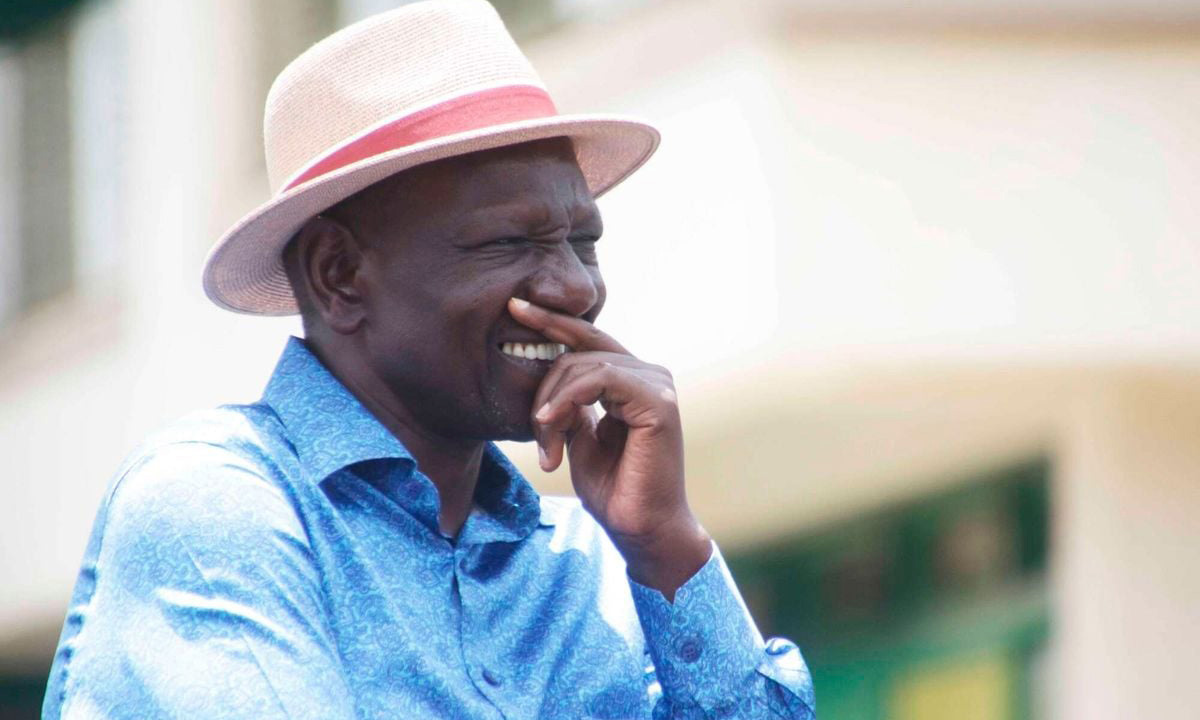

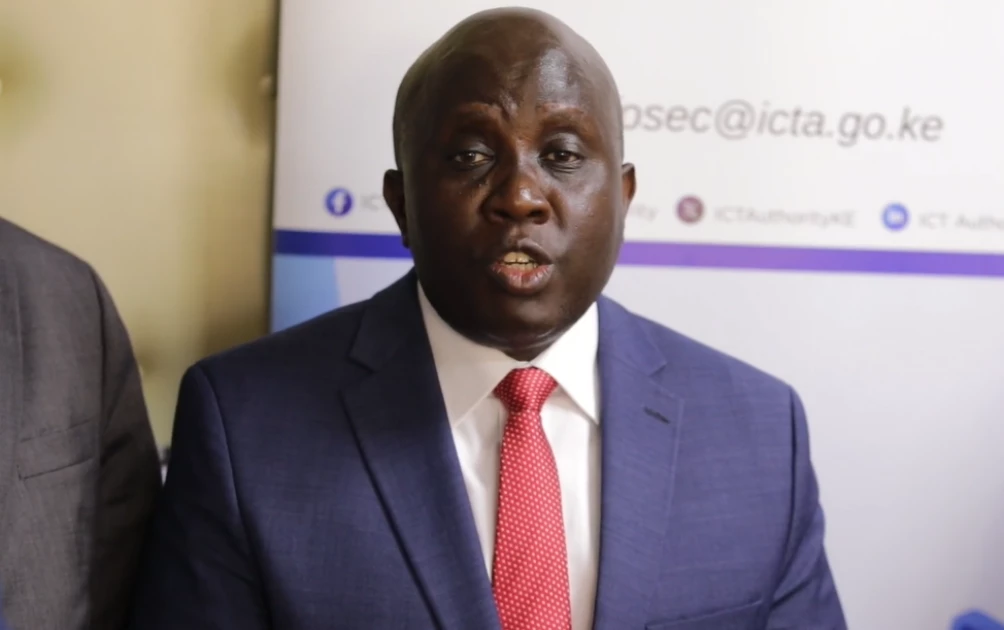
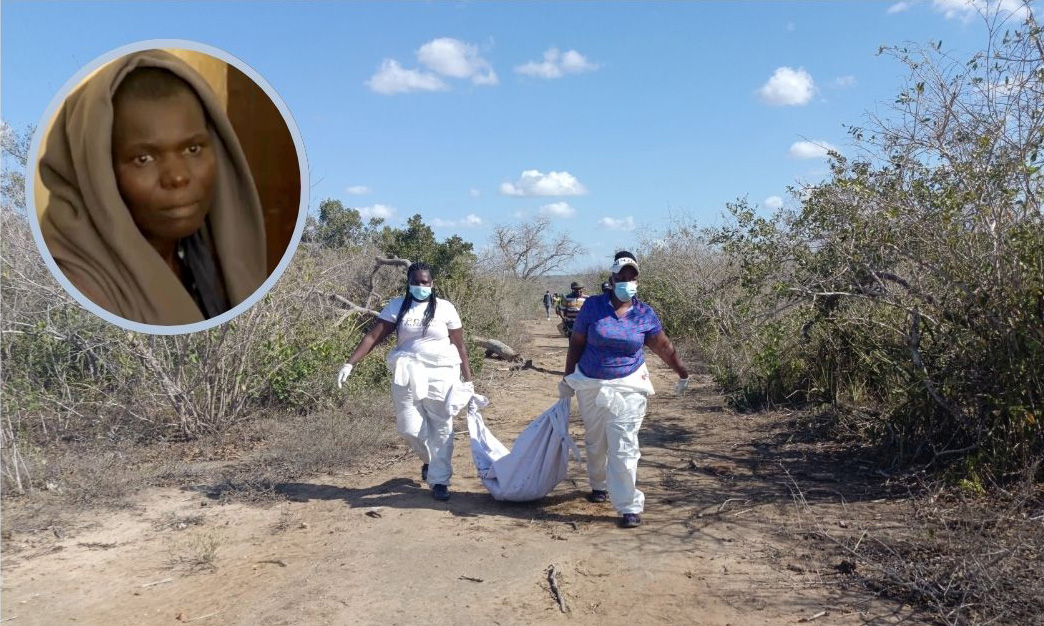
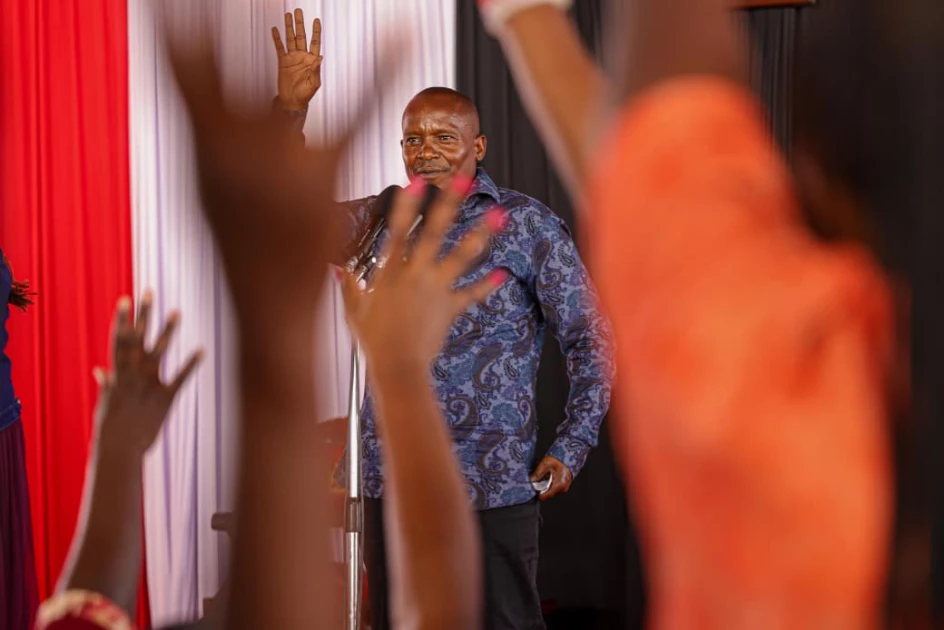
-og_image.webp)
